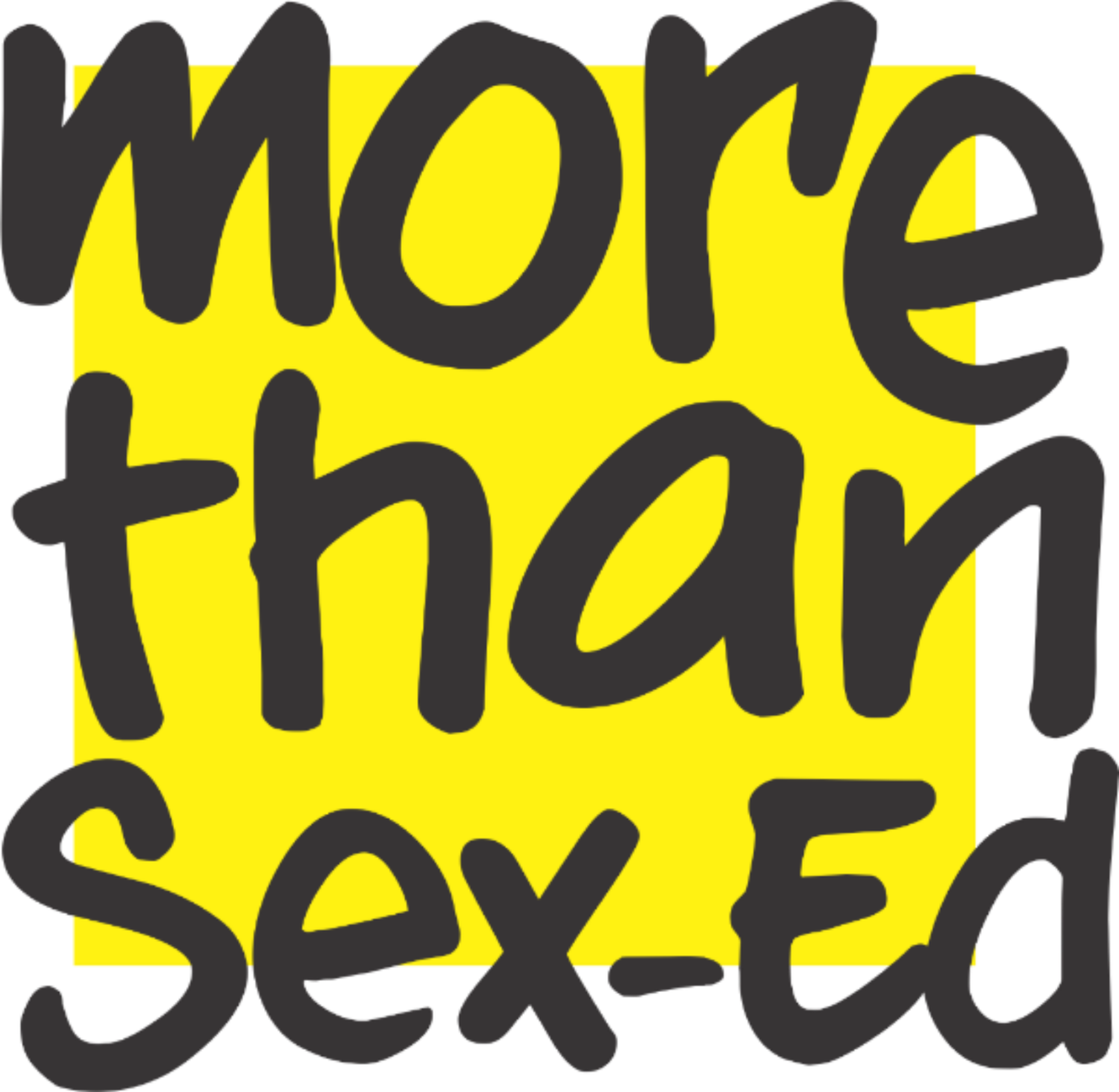Developmental age 16-18 years 10-12th grade
a weekly workshop series in 3 months
3 Hour Sessions
The messages in each lesson are transmitted through a wide range of activities, games, and discussions, giving participants the chance to explore their own ideas and feelings, while recognizing common experiences as well as diverse perspectives among their peer group.
MONTH 1
Workshop 1: Sexual Health—Learning About Our Bodies
- Sexuality is much more than sex.
- The language we use for body parts and sex acts can shape how we perceive them.
- We all receive messages about what “ideal” bodies should look like.
- Participants learn the names and functions of reproductive and sexual parts for male and female bodies.
Workshop 2: Sexual Health—Taking Care of Our Sexual Selves
- We examine four different models of the sexual response cycle, and note that orgasm does not have to be the goal of a sexual encounter.
- Each of the five senses has a role to play in arousal.
- The group brainstorms common sexual dysfunctions and insecurities for men and women.
- Preventative reproductive healthcare is important for both men and women.
- Participants learn how sexually transmitted infections, including HIV/AIDS, are spread, whether they can be treated or cured, and what symptoms may look like, while noting that many STIs have no visible symptoms.
Workshop 3: Sexual Health—Making Safer Choices
- Many different methods of contraception are available for couples, to choose what best fits their lifestyle and needs.
- Participants learn how to put on a condom correctly and how to negotiate with a partner who does not want to use a condom.
- The group is challenged to create sexy fantasies that include no penetration, risk of pregnancy, or risk of sexually transmitted infection.
Workshop 4: Lifespan Sexuality—Exploring our Sexual Development
- Participants explore gender roles by imagining living a day in the life of another gender.
- We define and discuss biological sex, gender identity, gender roles, and sexual orientation.
- Guest panel: participants hear personal stories from LGBTQ guest speakers and have the opportunity to ask questions.
MONTH 2
Workshop 5: Lifespan Sexuality—Becoming a Parent
- The group maps out all steps on the path of conception, from sperm and egg to fetus.
- We discuss the changes in both the fetus and the mother at each trimester of a pregnancy.
- Participants decide what criteria they would use to grant a “license” for someone to become a parent.
- We hear stories about families who adopt children, and couples who choose not to have children.
Workshop 6: Lifespan Sexuality—Expressions of Sexuality
- Humans express/experience their sexuality in many different ways over the course of a lifetime, from infancy to old age, because sexuality is much more than just sexual behavior.
- People with disabilities are often not treated as sexual beings, but we all share many common emotions and desires.
- Participants consider some of the many configurations sexual relationships might take—cohabitation, marriage, monogamy, polyamory, celibacy, May-December, etc—and discuss how they feel about each.
Workshop 7: Building Healthy Sexual Relationships—Communication
- Communication in a relationship is critical; we practice communicating emotions with facial expressions and touch, as well as verbal role-plays.
- Participants brainstorm qualities that make a good relationship and discuss which ones are most important to them.
- The group divides by gender and creates a list of questions for the other gender to answer, then trades lists and responds to each.
Workshop 8: Building Healthy Sexual Relationships—Intimacy, Masturbation, and Lovemaking
- Intimacy can be a part of many relationships that are not sexual; heterosexism and homophobia can interfere with our ability to enjoy same-gender intimacy.
- The group identifies messages they've received about sex and masturbation and distinguishes myths from facts.
- We consider a wide range of sexual behaviors, from holding hands and kissing, to giving and receiving massages, to oral, anal, and vaginal intercourse; participants evaluate what type of commitment or relationship they would want to be in to engage in that behavior, if at all.
- We explore messages about love and sex in popular songs, and discuss whether these represent healthy or unhealthy relationships.
MONTH 3
Workshop 9: Building Healthy Sexual Relationships—Recognizing Unhealthy Relationships
- Relationships include sharing power and responsibility; many relationships have an imbalance of power.
- The group divides by gender, and each listens to the other gender discuss when they have felt powerful and when they have felt pressured in a relationship.
- We brainstorm reasons why relationships might end, and role-play respectful break-ups.
Workshop 10: Sexuality and Social Issues—Reproductive Rights
- We explain the medical facts around first, second, and (extremely rare) third trimester abortions.
- Abortion is an extremely charged, emotional topic, with much more nuance than simply “pro-life” and “pro-choice”.
- Reproductive choices today include artificial insemination, embryo transplant, surrogate motherhood, and in vitro fertilization; we discuss the science behind each of these, and explore some ethical issues involved in case studies of real couples.
Workshop 11: Sexuality and Social Issues: Power and Control
- The group defines sexual harassment and sexual exploitation, and considers what non-exploitative erotic materials might look like.
- We hear and discuss a story in which date rape occurs, and brainstorm what kind of communication could prevent it.
- We define consent, and evaluate whether various actions or words indicate consent to have sexual intercourse.
Workshop 12: Sexuality and Social Issues: Sexual Equality
- Participants brainstorm the challenges faced by gay, lesbian, and bisexual people in seeking the same rights and respect that heterosexual individuals and couples enjoy.
- We hear a brief history of the women's rights movement, from women's suffrage in 1920 to the feminist movement of the 60's and 70's, and discuss messages we hear today about gender equality, justice, and gender roles.
- Gender equality benefits everyone.
We are always happy to have further conversations with parents who would like more clarity or detail on any session.

